Home>Home Maintenance>How Much Does A Home Inspection Cost In Georgia
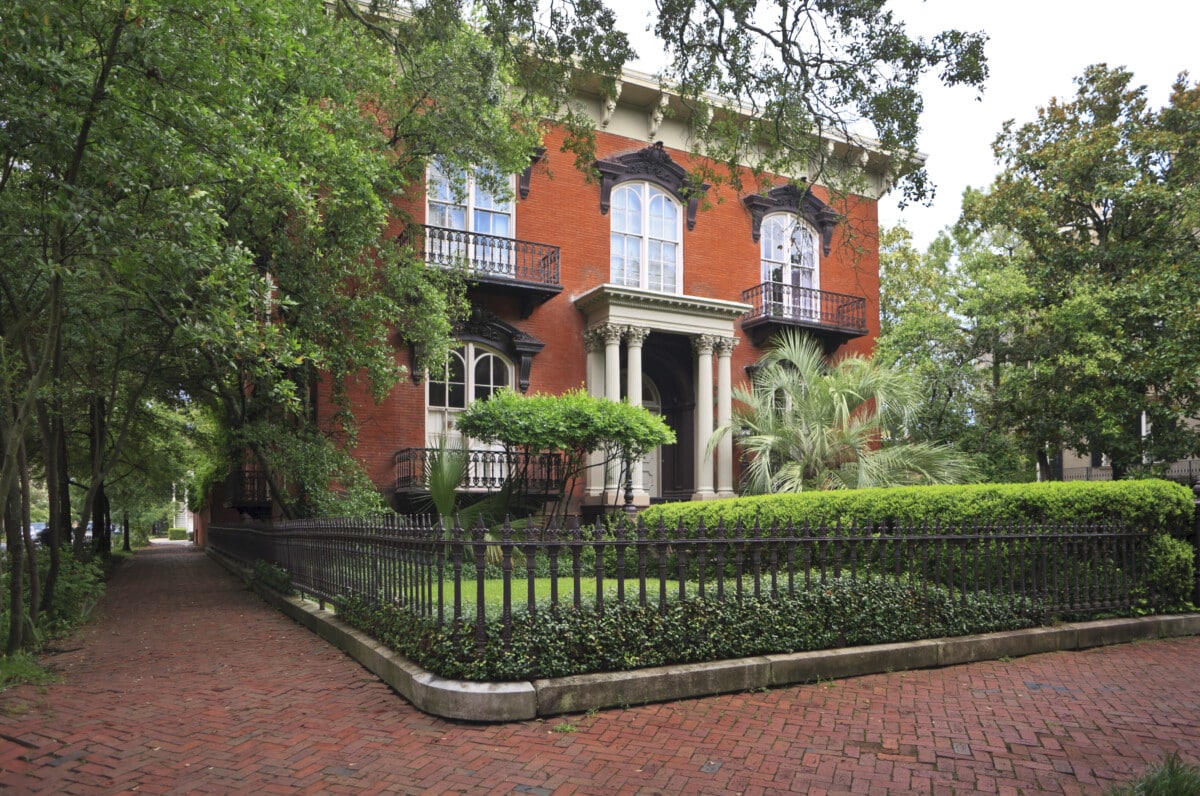

Home Maintenance
How Much Does A Home Inspection Cost In Georgia
Modified: March 24, 2024
Find out the cost of home inspection services in Georgia. Ensure your home's maintenance is up to par. Get peace of mind with professional home inspections.
(Many of the links in this article redirect to a specific reviewed product. Your purchase of these products through affiliate links helps to generate commission for Storables.com, at no extra cost. Learn more)
Introduction
Home inspections are an essential part of the home buying process. They provide potential buyers with a detailed assessment of a property’s condition, identifying any potential issues or concerns that may need to be addressed. If you are considering purchasing a home in Georgia, it is crucial to understand the cost of a home inspection and how it may vary depending on different factors.
A home inspection is typically conducted by a professional home inspector who specializes in assessing the structural integrity, safety, and overall condition of a property. These inspections are comprehensive, covering various aspects such as the foundation, roof, plumbing, electrical systems, HVAC systems, and more.
In Georgia, the cost of a home inspection can vary depending on several factors. One of the main factors influencing the cost is the size of the property. Larger homes generally require more time and effort to inspect thoroughly, hence leading to higher inspection fees.
Another factor that can affect the cost is the age of the property. Older homes may have more wear and tear and potentially require additional inspections or specialized services, such as asbestos or lead paint testing. These additional services can increase the overall cost of the inspection.
Furthermore, the location of the property can also play a role in determining the cost of a home inspection in Georgia. Different cities and regions may have varying market rates for inspections, so it’s essential to research the average costs specific to your area.
On average, the cost of a home inspection in Georgia can range from $300 to $500. However, this is a general estimate, and the actual cost may be lower or higher depending on the factors mentioned above.
It is crucial to note that the cost of a home inspection is a worthwhile investment. It provides buyers with essential information about the condition of the property, including potential safety hazards, necessary repairs, and potential future expenses. With this knowledge, buyers can make informed decisions about the purchase or negotiate with the sellers based on the inspection report.
In the next sections, we will delve deeper into the factors that can impact the cost of a home inspection in different cities across Georgia. We will also discuss additional costs and services to consider, the importance of hiring a qualified home inspector, and provide some useful tips for hiring a home inspector in Georgia. By the end of this article, you’ll be well-equipped to navigate the process of getting a home inspection and make an informed decision regarding your potential purchase.
Key Takeaways:
- Home inspection costs in Georgia range from $300 to $500, depending on factors like property size, age, and location. It’s a worthwhile investment for buyers to make informed decisions about potential purchases.
- Hiring a qualified home inspector is crucial for a thorough evaluation of a property’s condition. Research, attend the inspection, and obtain a detailed report to make informed decisions and ensure the safety of your future home.
Read more: How Much Does Radiator Repair Cost
Factors Affecting Home Inspection Cost in Georgia
Several factors can influence the cost of a home inspection in Georgia. Understanding these factors can help you estimate the potential expenses associated with getting a home inspection. Here are some key factors to consider:
1. Property Size: The size of the property is one of the primary factors that affect the cost of a home inspection. Larger homes typically require more time and effort to inspect thoroughly, which can result in higher inspection fees. The square footage of the property is usually used as a basis for determining the cost.
2. Property Age and Condition: The age and overall condition of the property can also impact the inspection cost. Older homes may have more wear and tear, requiring extra attention and potentially additional inspections or specialized services. For example, older homes may need asbestos or lead paint testing, which can add to the overall cost.
3. Additional Structures: If the property being inspected has additional structures, such as detached garages, sheds, or guest houses, these may require separate inspections, contributing to the overall cost. Each structure will need to be evaluated individually, considering its size, condition, and complexity.
4. Distance and Accessibility: The location of the property and its accessibility can influence the inspection cost. If the property is located in a remote area, far from the home inspector’s office, additional travel expenses may be incurred. Properties that are difficult to access due to their location or layout, such as homes with steep roofs or crawl spaces, may require more time and effort to inspect, leading to higher fees.
5. Additional Services: Sometimes, specific conditions or concerns may require additional inspections or services. For example, if the property is located in a high-risk area for pests, you may want to include a termite inspection. Mold or radon testing are other examples of additional services that may be necessary depending on the property’s circumstances. These additional inspections or tests will add to the overall cost.
6. Market Rates: Home inspection costs can also vary based on market rates specific to a particular area. Different cities or regions in Georgia may have different average fees for home inspections. It is advisable to research the local market rates to have a better understanding of what to expect.
Overall, it’s important to keep in mind that the cost of a home inspection is a worthwhile investment. A thorough inspection can uncover potential issues or hazards, allowing you to make an informed decision about the property. It’s always recommended to hire a qualified and experienced home inspector who can provide a comprehensive assessment of the property’s condition and highlight any necessary repairs or safety concerns.
Average Cost of Home Inspection in Different Cities of Georgia
The cost of a home inspection can vary across different cities in Georgia. While the average cost ranges between $300 to $500, specific locations may have slightly different market rates based on factors like local demand and competition. Here is an overview of the average home inspection costs in several cities of Georgia:
1. Atlanta: As the capital and largest city of Georgia, Atlanta has a competitive market for home inspections. On average, homeowners in Atlanta can expect to pay around $350 to $500 for a standard home inspection. However, the cost may vary depending on the factors mentioned earlier.
2. Savannah: Located on the coast of Georgia, Savannah has its unique housing market. The average cost of a home inspection in Savannah ranges between $300 to $450. It’s worth mentioning that certain coastal properties may require additional inspections for factors like flood risk or wind damage.
3. Augusta: Augusta, known for its golf tournaments, also has its own housing market dynamics. Home inspections in Augusta typically range from $300 to $400, with variations based on factors such as property size, age, and accessibility.
4. Columbus: Situated in western Georgia, Columbus has a more affordable market for home inspections compared to larger cities. The average cost of a home inspection in Columbus is around $250 to $400, although prices may vary based on property characteristics.
5. Macon: Located in central Georgia, Macon has a moderately priced housing market. The average cost of a home inspection in Macon is approximately $300 to $450, with additional services or inspections potentially increasing the overall cost.
It’s important to note that these average costs are rough estimates and can vary depending on individual home inspection companies and the specific factors affecting the inspection. When hiring a home inspector, it’s recommended to request quotes from multiple professionals in your area and compare their prices and services.
While cost is an important consideration, it’s equally essential to prioritize the qualifications and experience of the home inspector. Look for certified inspectors who adhere to industry standards and can provide a thorough evaluation of the property.
Remember, a home inspection is an invaluable investment in ensuring the safety and condition of your potential home. So, even if the costs may vary across different cities in Georgia, the benefits of a high-quality inspection far outweigh the expense.
Additional Costs and Services to Consider
When planning for a home inspection in Georgia, it’s important to be aware of potential additional costs and services that may arise during the process. While the primary cost is typically associated with the standard home inspection, there are several additional factors to consider. Here are some additional costs and services to keep in mind:
1. Specialized Inspections: Depending on the property’s condition and specific concerns, you may need to request specialized inspections beyond the standard home inspection. These may include pest inspections, radon testing, mold testing, or asbestos or lead paint testing. Each of these specialized inspections may incur additional charges, so it is essential to discuss your needs with the home inspector and inquire about any additional costs involved.
2. Additional Structures: If the property being inspected has additional structures such as detached garages, sheds, or guest houses, you may need to have these structures inspected separately. While the main home inspection usually covers the primary dwelling, additional structures will require their own inspections, which will come with additional costs.
3. Extra Services: Sometimes, the home inspection may uncover specific issues that require further evaluation or testing by professionals in specific fields. For example, if the inspector suspects a problem with the electrical system, they may recommend hiring an electrician to conduct a more in-depth assessment. These additional services, performed by other professionals, will incur their own costs and should be factored into your overall budget.
4. Repairs and Remediation: The primary purpose of a home inspection is to identify potential issues or repairs that may be needed. Once these issues are identified, you will need to consider the cost of any necessary repairs or remediation. It’s crucial to have a thorough understanding of the potential costs involved in addressing these issues before finalizing the purchase of the property.
5. Pre-Listing Inspections: While home inspections are typically conducted by the buyer, pre-listing inspections are becoming more common. In this scenario, the seller hires a home inspector to conduct an inspection before listing the property. The cost of a pre-listing inspection is usually borne by the seller, but it’s important to clarify this arrangement during negotiations. Pre-listing inspections can help identify any issues that may impact the sale and allow the seller to address them proactively.
When budgeting for a home inspection in Georgia, it’s essential to account for these potential additional costs and services. While the specific expenses will vary depending on the property and its conditions, being aware of these possibilities will help you plan and avoid any surprises along the way. Additionally, discussing these factors with your chosen home inspector can provide clarity on the associated costs and ensure that you have a comprehensive understanding of what will be covered in the inspection process.
When budgeting for a home inspection in Georgia, consider the size and age of the home, as well as any additional services needed, such as radon or mold testing. Prices typically range from $300 to $500.
Importance of Hiring a Qualified Home Inspector
When buying a home in Georgia, hiring a qualified and experienced home inspector is essential. A professional home inspection provides valuable insights into the condition of the property, helping you make an informed decision and potentially saving you from costly repairs and unsafe living conditions. Here are some key reasons why hiring a qualified home inspector is important:
1. Expertise and Knowledge: Qualified home inspectors possess the necessary expertise and knowledge to assess various aspects of a property. They are trained to identify potential issues or hazards that may not be apparent to an untrained eye. By leveraging their expertise, home inspectors can provide an accurate evaluation of the property’s condition, including its structural integrity, safety features, and major systems like electrical, plumbing, and HVAC.
2. Thorough Evaluation: Home inspectors conduct a comprehensive evaluation of the property, examining both visible and accessible areas. They inspect the foundation, roof, walls, windows, doors, electrical systems, plumbing, HVAC, and more. This thorough examination helps uncover potential issues, such as water leaks, mold growth, faulty wiring, plumbing problems, or structural deficiencies. Identifying these issues early can save you from costly repairs or unforeseen problems in the future.
3. Safety and Health Concerns: A home inspection helps identify safety hazards that may exist within the property. This includes checking electrical systems for potential fire hazards, identifying faulty or outdated wiring, and examining the presence of harmful substances like asbestos or lead paint. By addressing these safety concerns upfront, you can ensure the well-being of you and your family.
4. Negotiation Power: The findings of a home inspection report can give you leverage during negotiations with the seller. If the inspection uncovers significant issues, you may be able to negotiate a lower purchase price or request that the seller make necessary repairs prior to closing the deal. A qualified home inspector can provide you with a detailed report that strengthens your negotiation position.
5. Future Cost Savings: Investing in a home inspection may save you from significant financial burdens down the line. Uncovering issues early allows you to budget for necessary repairs or factor them into the purchase price. By being aware of the property’s condition, you can make informed decisions about your investment and avoid unexpected expenses that could have been prevented with a thorough inspection.
It is important to note that hiring a qualified home inspector does not guarantee that every issue will be uncovered. However, a reputable and experienced professional will provide a thorough evaluation and report, giving you a clearer understanding of the property’s condition and potential risks.
When choosing a home inspector in Georgia, look for professionals who are licensed, insured, and certified by reputable organizations such as the American Society of Home Inspectors (ASHI) or the National Association of Home Inspectors (NAHI). Additionally, consider reading reviews and seeking recommendations to ensure you hire a qualified individual who will provide a comprehensive and accurate assessment of the property.
Read more: How Much Does Fascia Repair Cost
Tips for Hiring a Home Inspector in Georgia
When it comes to hiring a home inspector in Georgia, it’s crucial to find a reputable and qualified professional who will provide a thorough assessment of the property. Here are some helpful tips to consider when hiring a home inspector:
1. Research and Ask for Recommendations: Start by researching reputable home inspectors in Georgia. Seek recommendations from friends, family, or your real estate agent. Look for inspectors who have a good reputation, positive reviews, and certifications from reputable organizations such as the American Society of Home Inspectors (ASHI) or the National Association of Home Inspectors (NAHI).
2. Check Credentials and Certification: Verify that the home inspector is licensed, insured, and certified. Licensing ensures that the inspector has met the necessary requirements to operate legally. Certification from professional organizations indicates that the inspector has undergone rigorous training and adheres to industry standards. These credentials provide assurance of the inspector’s qualifications and expertise.
3. Experience Matters: Consider the inspector’s experience in the field. An experienced inspector is likely to have encountered a wide range of issues and situations, making them better equipped to identify potential problems. Ask about their years of experience and the number of inspections they have conducted.
4. Review Sample Reports: Request to see sample inspection reports from prospective home inspectors. Reviewing these reports will give you an idea of their thoroughness, clarity, and attention to detail. Look for reports that are easy to understand, include clear descriptions, and provide recommendations for addressing any issues.
5. Attend the Inspection: Whenever possible, attend the home inspection in person. This allows you to observe the inspector’s process, ask questions, and gain a better understanding of the property’s condition. A reputable inspector will welcome your presence and encourage your participation during the inspection.
6. Ask About the Inspection Process: Inquire about the specific areas and systems that will be covered in the inspection. Ensure that the inspector will examine key components such as the foundation, roof, electrical systems, plumbing, HVAC, and any other areas of concern based on the property’s characteristics. Clarify whether specialized inspections or additional services are included or if they come at an extra cost.
7. Obtain a Written Report: Request a detailed written report after the inspection. A comprehensive report should provide a thorough assessment of the property, highlighting any potential issues or safety concerns. The report should include clear, concise descriptions, supporting photographs, and recommendations for repairs or further evaluation.
8. Consider Timing: Schedule the home inspection during the due diligence period of your purchase agreement. This allows time for any necessary follow-up inspections or negotiations based on the findings.
9. Compare Prices and Services: While cost should not be the sole determining factor, it is still important to compare quotes from different home inspectors. Consider the services offered, the inspector’s qualifications, their experience, and the overall value provided. Remember, a more thorough and detailed inspection may be worth the extra investment.
By following these tips, you can find a qualified and reliable home inspector in Georgia who will help you make an informed decision about your potential property purchase. A thorough inspection provides peace of mind and ensures that you have a comprehensive understanding of the property’s condition, helping you navigate the home buying process with confidence.
Conclusion
Getting a home inspection is a crucial step in the home buying process, and in Georgia, it’s important to understand the cost, factors influencing it, and the significance of hiring a qualified home inspector. By considering the factors that affect home inspection costs, such as property size, age, and location, you can estimate potential expenses more accurately. Additionally, being aware of additional costs and services, such as specialized inspections or repairs, ensures that you have a comprehensive understanding of the overall investment.
Hiring a qualified home inspector is of paramount importance. Their expertise and knowledge allow for a thorough evaluation of the property, helping to uncover potential issues or safety hazards that may not be apparent to the untrained eye. The insights provided by a professional home inspection can inform your decision-making process and potentially save you from costly repairs or unforeseen problems in the future.
When hiring a home inspector in Georgia, it’s essential to research and ask for recommendations, verify their credentials and certifications, and review sample reports to gauge their thoroughness. Attending the inspection whenever possible allows you to actively participate in the process and gain a better understanding of the property’s condition.
Obtaining a detailed written report after the inspection is crucial, as it provides a comprehensive assessment of the property and serves as a valuable reference for future repairs or negotiations. Consider the timing of the inspection and compare prices and services from multiple inspectors to ensure you make an informed decision and receive the best value for your investment.
In conclusion, a home inspection in Georgia is a critical step in the home buying process, providing you with valuable information about the condition of the property. By understanding the factors influencing inspection costs, considering additional services, and hiring a qualified home inspector, you can make informed decisions about your investment and ensure the safety and integrity of your future home. So, invest wisely in a home inspection and embark on your homeownership journey with confidence.
Frequently Asked Questions about How Much Does A Home Inspection Cost In Georgia
Was this page helpful?
At Storables.com, we guarantee accurate and reliable information. Our content, validated by Expert Board Contributors, is crafted following stringent Editorial Policies. We're committed to providing you with well-researched, expert-backed insights for all your informational needs.

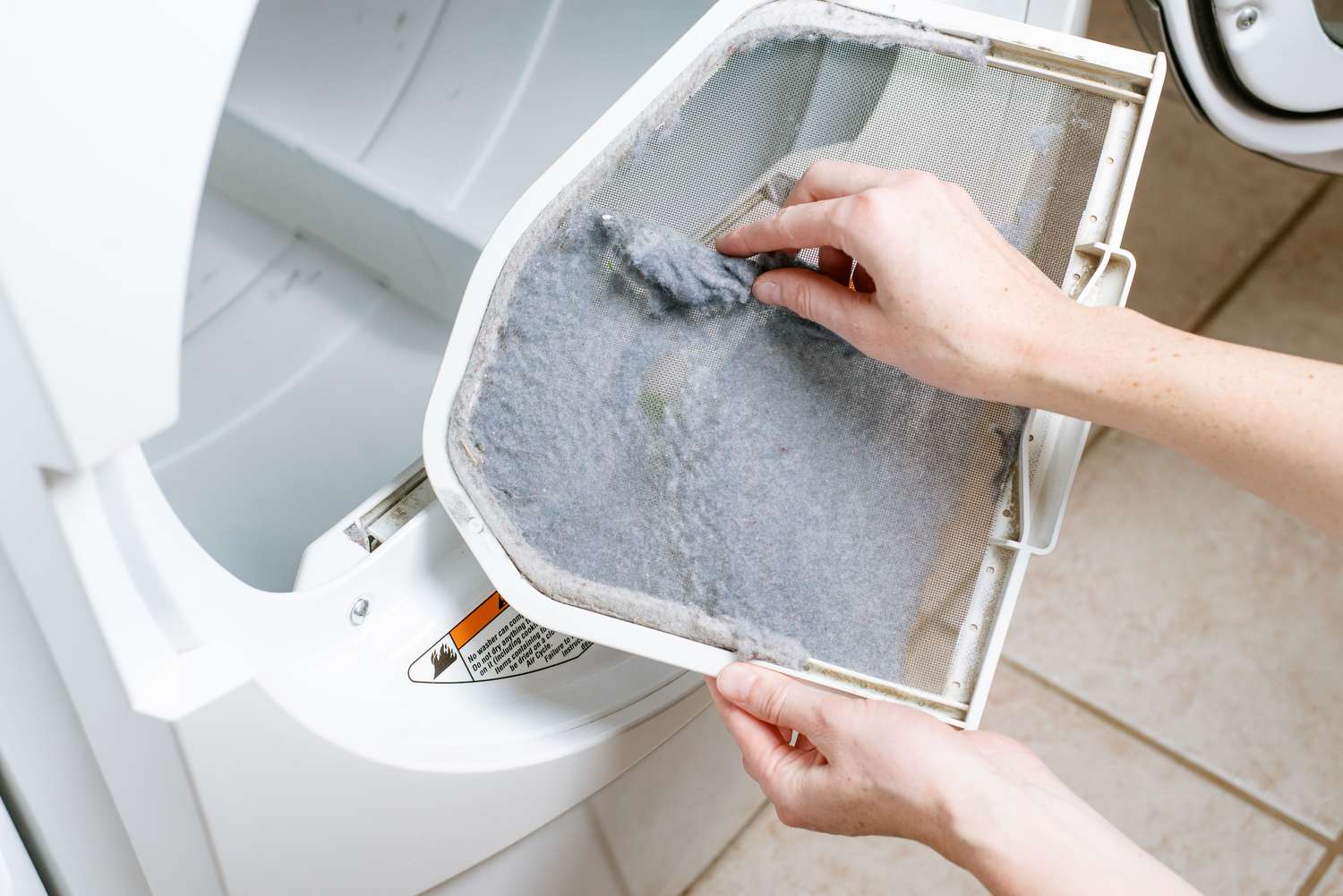
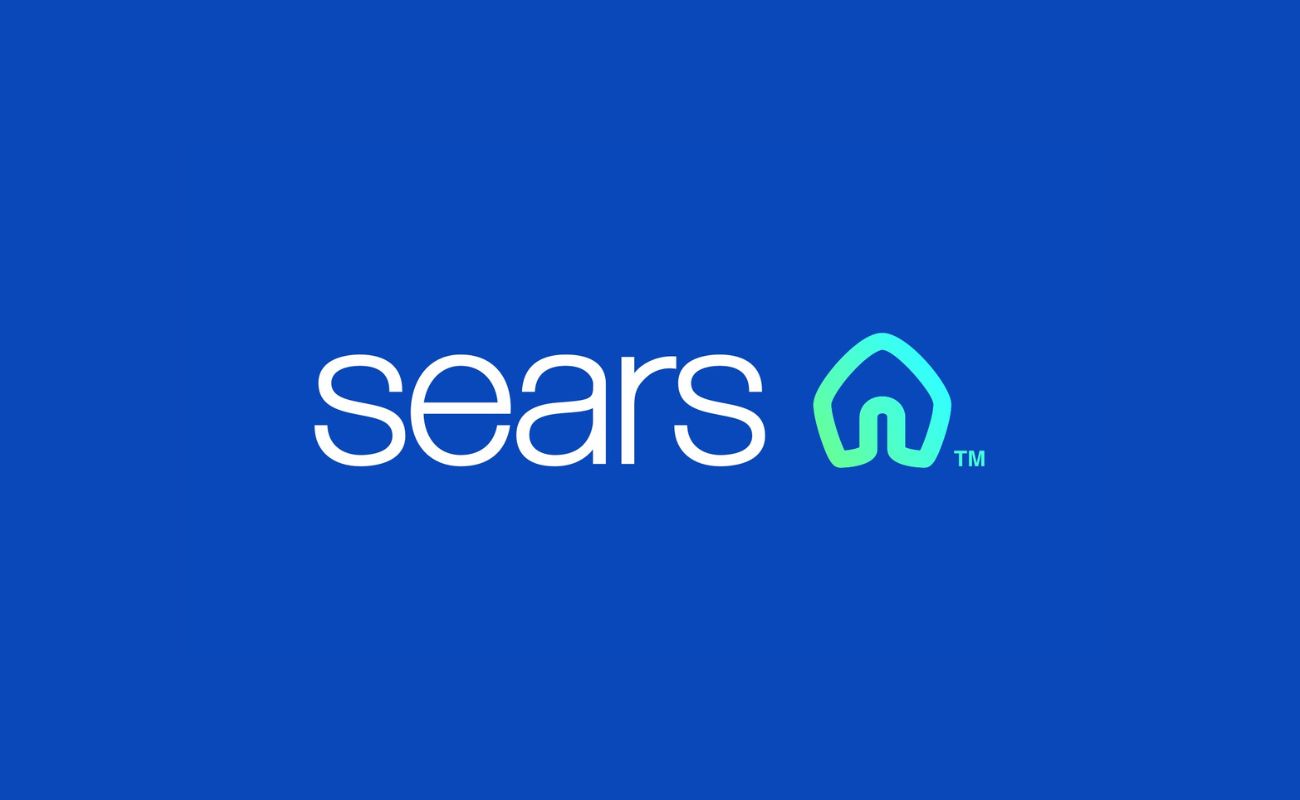

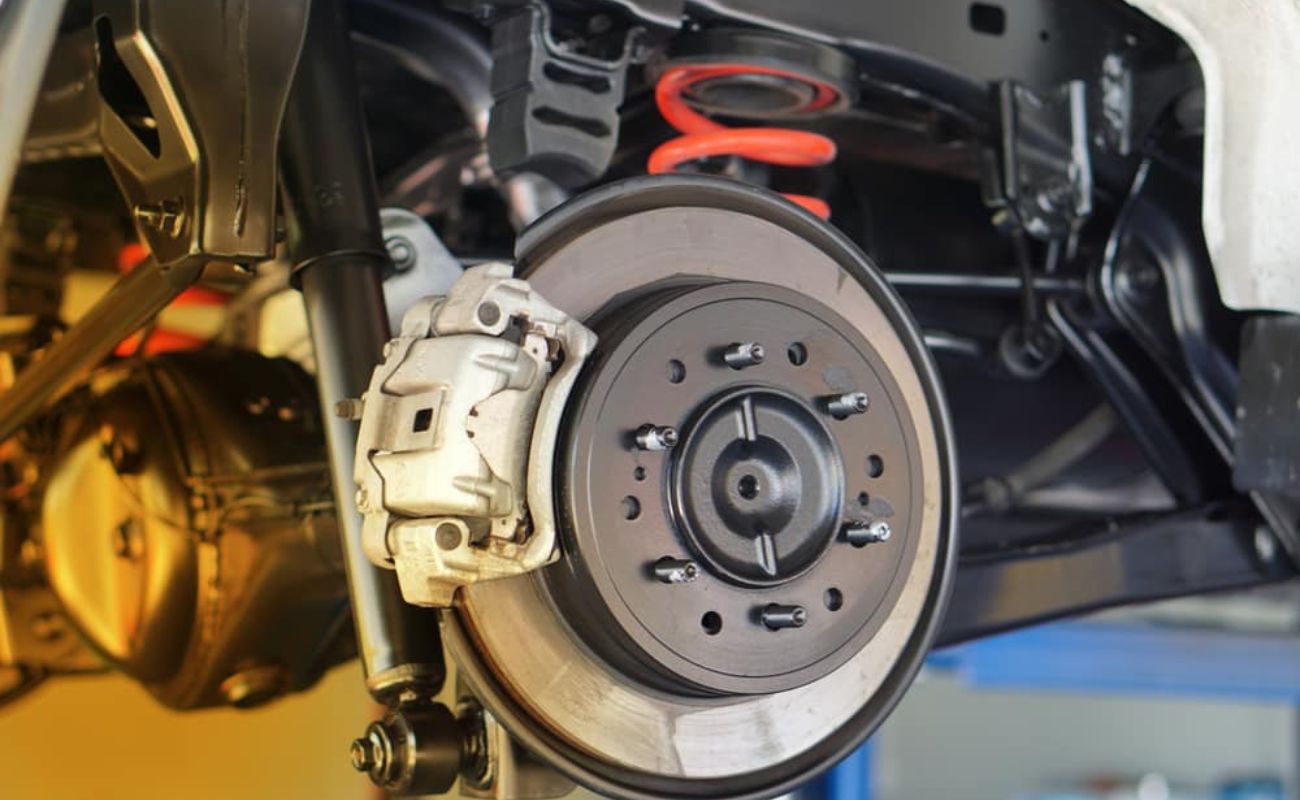

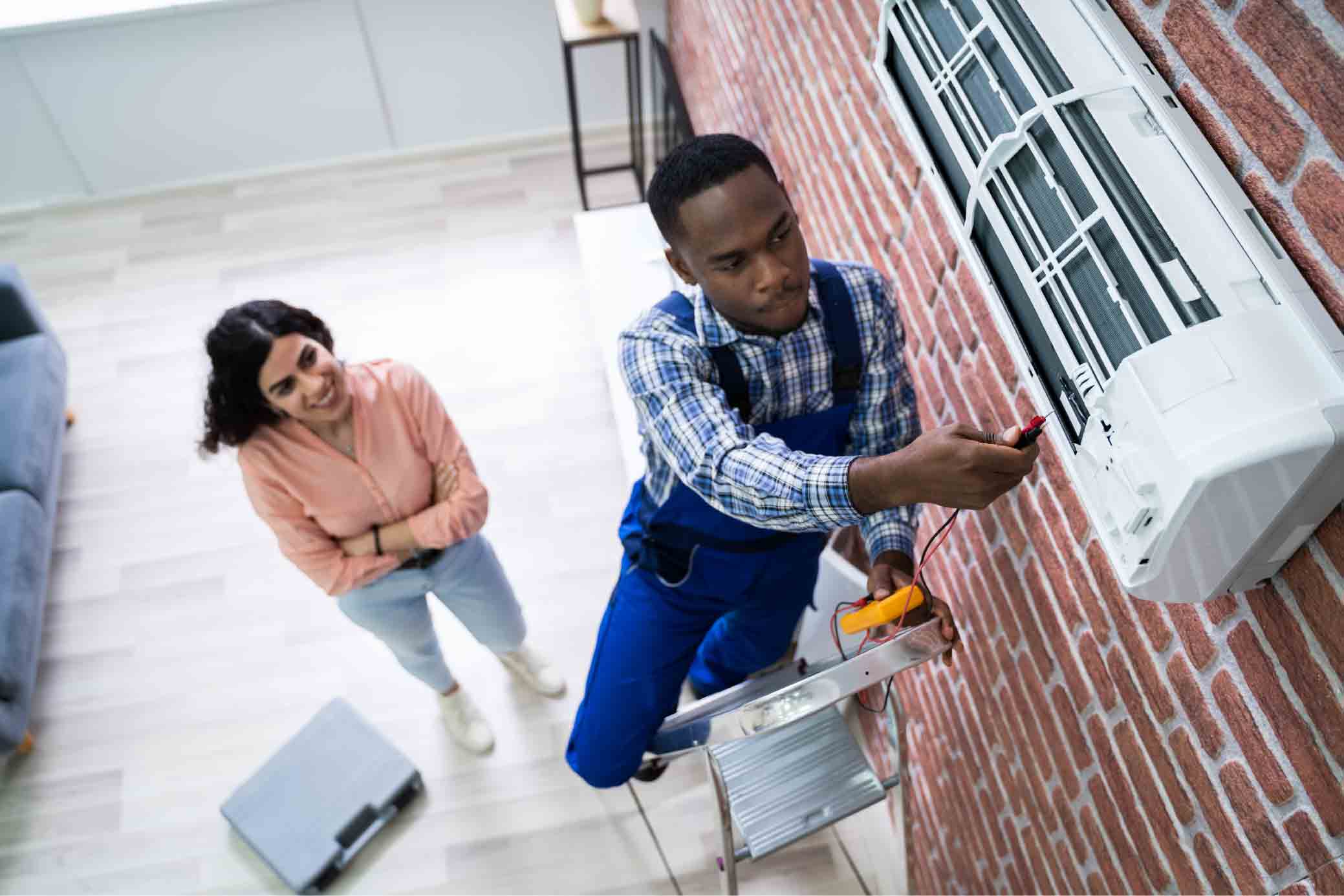


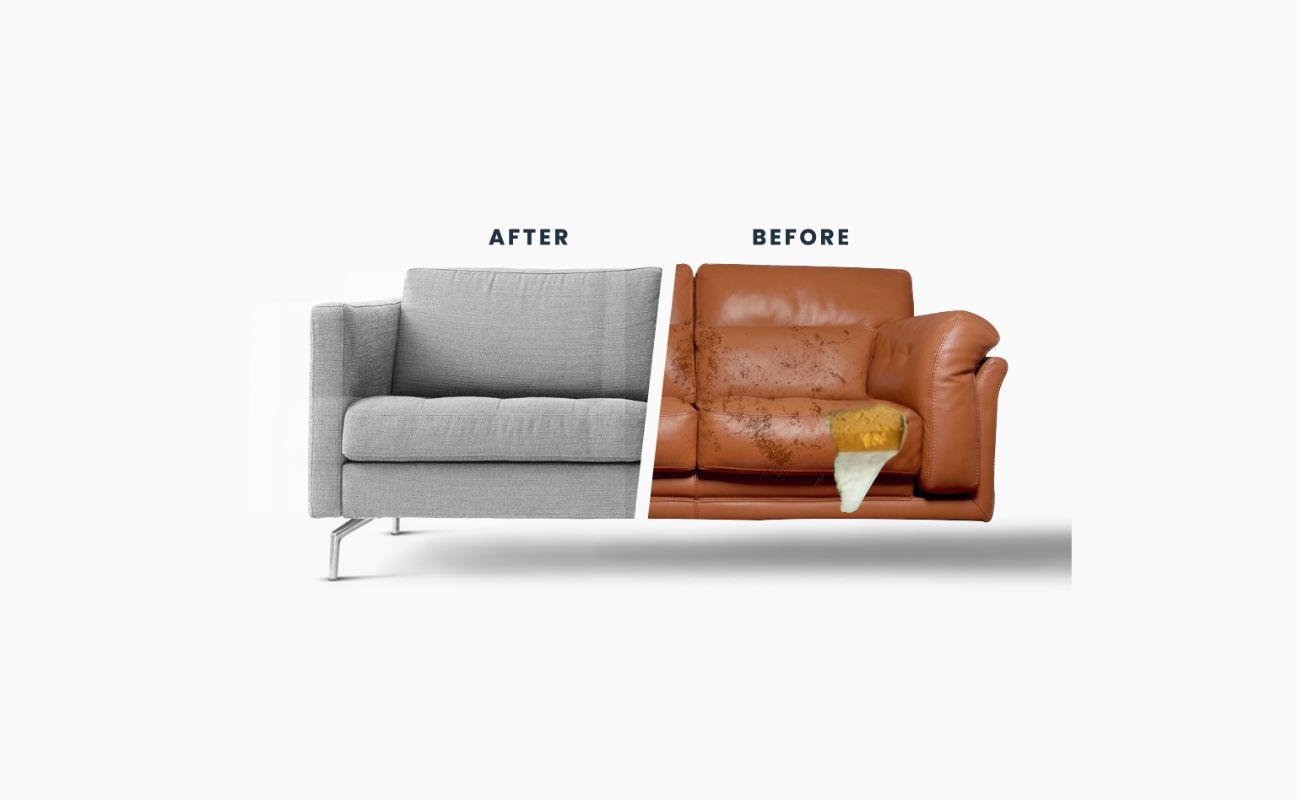
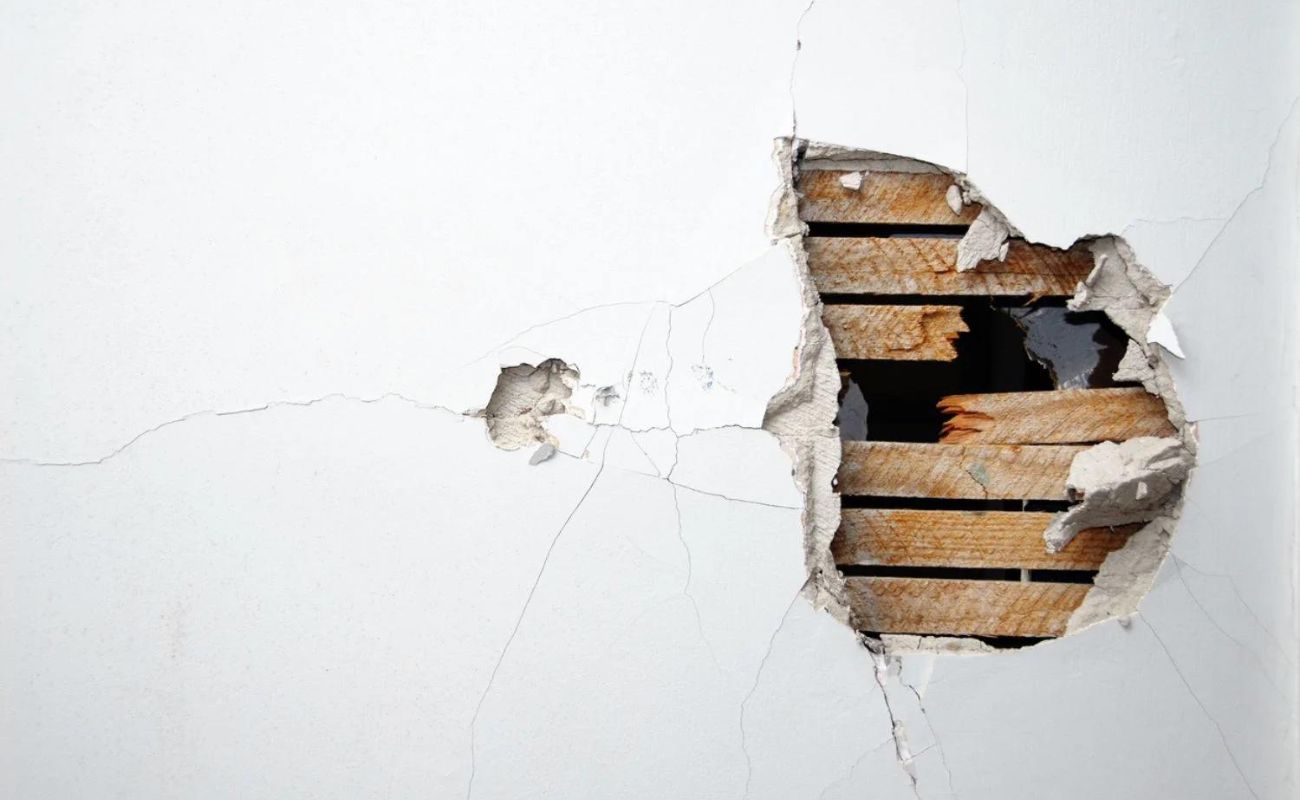

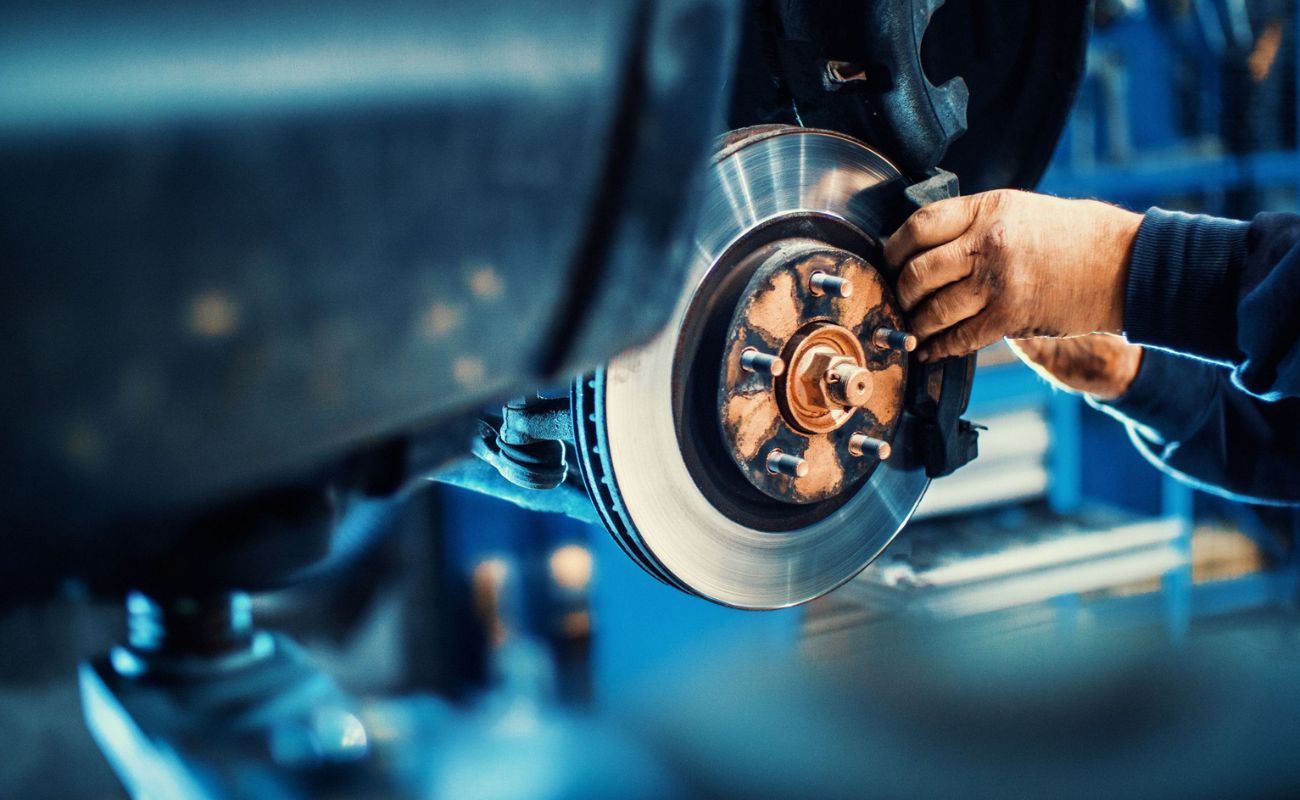


0 thoughts on “How Much Does A Home Inspection Cost In Georgia”